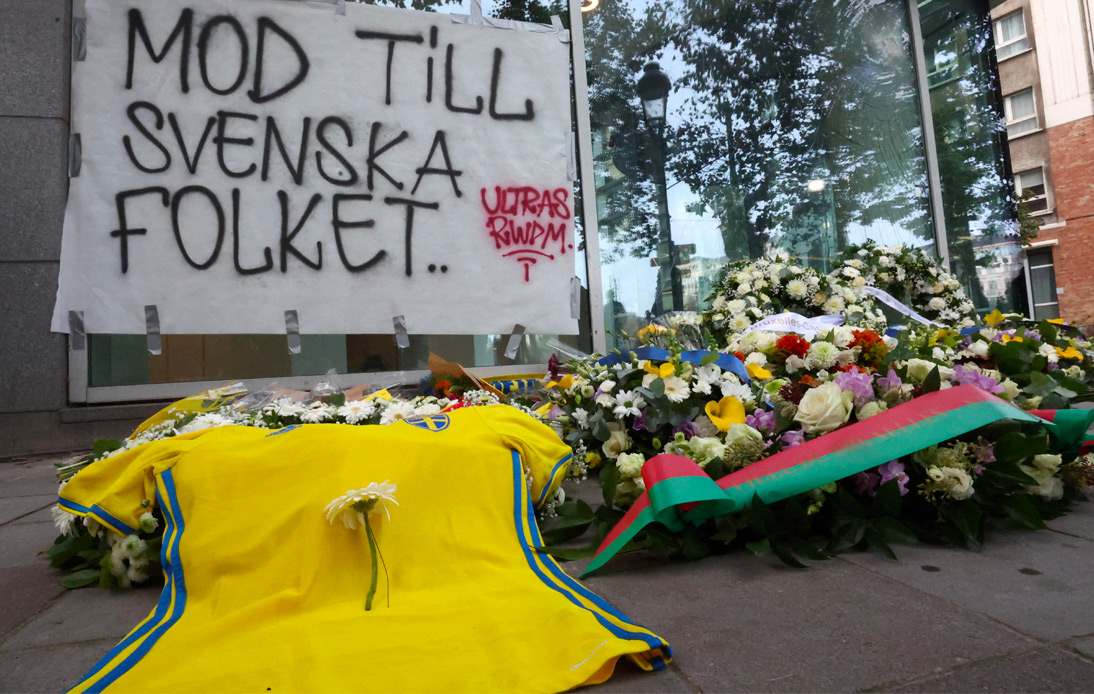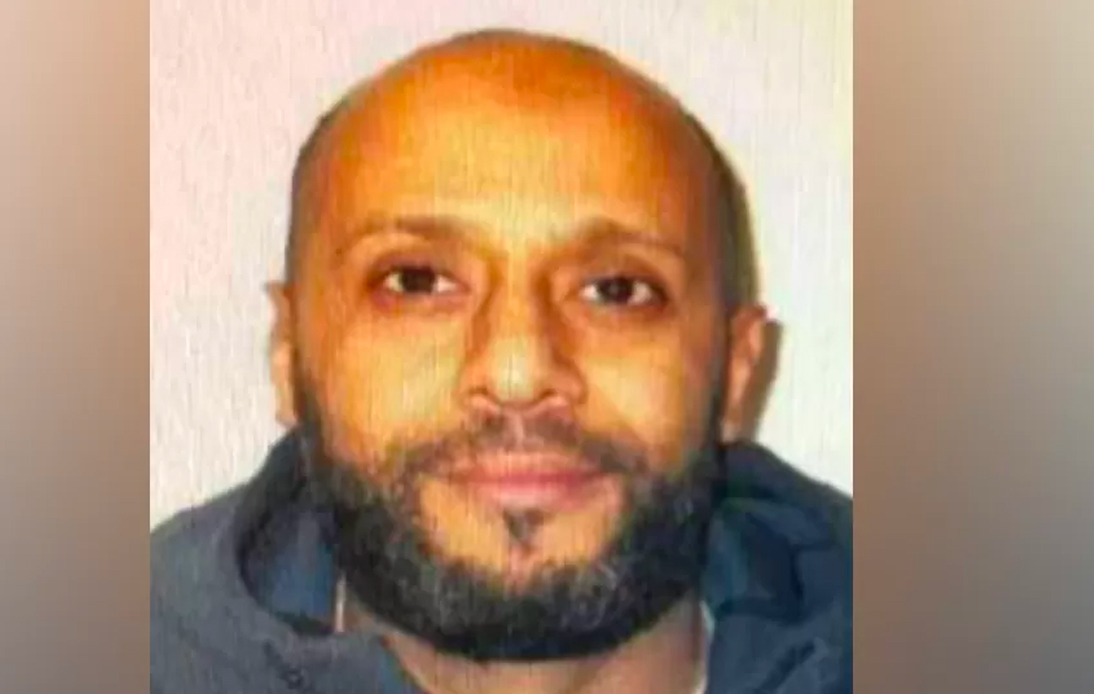
A gunman who had shot dead two Swedish football fans in Brussels the previous Monday had escaped from prison in Tunisia.
Authorities in Belgium have identified the shooter as Abdesalem Lassoued, who had previously received a 26-year prison sentence in 2005, allegedly for a series of offenses, among them attempted homicide.
Lassoued escaped in 2011, successfully boarding a small vessel and making an unauthorized entry onto the Italian island of Lampedusa.
Eventually, Lassoued relocated to Belgium, seeking refugee status. Upon his application’s denial, his whereabouts became unknown.
Tunisian officials had reached out to their Belgian counterparts for Lassoued’s repatriation in August 2022. The extradition plea was acknowledged by Belgian authorities, yet it was overlooked in the processing phase.
Vincent Van Quickenborne, the Belgian Minister of Justice, tendered his resignation the past Friday, attributing his decision to what he described as a “monumental and unacceptable error with dramatic consequences.”
On the night of Monday, October 16, Lassoued, a 45-year-old Tunisian national, starting shooting on pedestrians using a military-grade firearm in the heart of Brussels.
Subsequently, he pursued individuals into an apartment complex’s corridor, where he executed two fans of Swedish football and wounded another. The Islamic State organization has publicly asserted involvement in the assault.
Following an extensive manhunt, police located the gunman at a cafe close to his Schaerbeek residence in northern Brussels on Tuesday morning. He was subsequently shot dead by police.
“I sincerely want to apologise to the victims and their loved ones,” Mr Van Quickenborne stated during his resignation speech. “I am not looking for any excuses.”
He expressed his intent to assume “political responsibility for this unacceptable mistake”.
Brussels’ public prosecutor, Tim De Wolf, attributed the inaction on the extradition request to personnel shortages in his department.
He mentioned that the extradition documents, received in September of the previous year, were likely overlooked and left unattended in a filing system.
“None of the colleagues involved remember what became of this specific file a year ago. There is no trace of it being handled,” he conveyed.
The prosecutor didn’t specify the reasons for Lassoued’s imprisonment, but reports from Belgian media suggest he was incarcerated due to two counts of attempted murder.
Records indicate that Lassoued had sought refuge in several countries including Norway, Sweden, Belgium, and Italy.
In 2016, Italian security agencies marked him as an individual who had undergone radicalization and initiated surveillance.
It was also revealed that Lassoued had fulfilled a two-year sentence in Sweden for narcotics distribution. As per sources from Sweden, he faced apprehension in Malmo in possession of 100g (approximately 3.5oz) of cocaine.
The violent incident in Brussels, claiming the lives of two males, one in his seventies and the other in his sixties, has profoundly shaken Sweden.
In the wake of numerous incidents of Quran burnings by groups opposed to Islam in Sweden, the government has issued warnings about increased threats to its citizens.
Instances of the Islamic sacred text being set aflame have occurred near various diplomatic buildings, religious institutions, and the Swedish legislative house.
These events have provoked strong backlash in Muslim-majority nations, and in response to threats from Islamist extremists, the terror alert was elevated to its second-highest level in August.
The Swedish Security Service, referred to as Sapo, said it was “working closely with the Belgian authorities”.
Belgian prosecutors are investigating the shooting as an act of terrorism, occurring during a period of amplified security alerts throughout Europe due to the ongoing conflict between Israel and Hamas.
In retaliation to the previous week’s violence, Belgium has declared the implementation of advanced safety protocols.
Additional personnel will be appointed to the Brussels public prosecutor’s office, the federal judicial police, and the railway police units.
Moreover, the coordination of intelligence sharing among the immigration departments, policing units, and legal institutions is set to undergo significant enhancements.





















